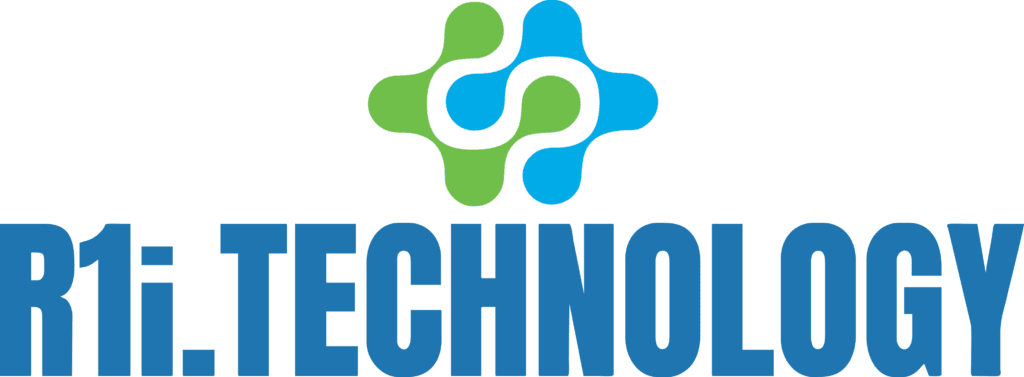Cisco Voice Collaboration is a powerful tool that enhances communication and collaboration among teams. As businesses increasingly rely on remote work and digital communication, voice collaboration systems have become essential for seamless interaction. Cisco, a leader in networking and communication solutions, offers a robust suite of tools designed to facilitate secure, efficient, and high-quality voice collaboration. But with the rise of cyber threats and data breaches, one of the most crucial concerns for businesses adopting these solutions is security.
This blog will delve into the security features of Cisco Voice Collaboration, helping you understand why it is a trusted solution for secure communications in businesses worldwide.
What is Cisco Voice Collaboration?
Cisco Voice Collaboration refers to the range of voice communication tools provided by Cisco, designed to enable businesses to communicate more effectively through audio calls, video conferencing, and messaging systems. Cisco Voice Collaboration systems integrate seamlessly with existing business infrastructures, offering solutions for unified communications that connect employees, partners, and clients, regardless of location.
Why Security Matters in Voice Collaboration?
When it comes to business communication, especially with voice collaboration tools, security is paramount. Sensitive data, personal conversations, and confidential information can be exposed if the system is not adequately secured. This is where Cisco Voice Collaboration stands out by offering a range of features aimed at protecting communications and ensuring that businesses can trust the platform.
Key Security Features of Cisco Voice Collaboration:
Cisco Voice Collaboration boasts a variety of security features that protect communications and safeguard sensitive data. Let’s explore some of the most important security aspects of Cisco’s voice collaboration solutions.
1. End-to-End Encryption
One of the most important security features of Cisco Voice Collaboration is its use of end-to-end encryption. This ensures that all voice and video communications are encrypted during transmission, making it nearly impossible for unauthorized third parties to intercept or listen in on calls. With encryption at every stage of the call, whether it’s on-premises or cloud-based, Cisco provides a secure environment for your communications.
2. Advanced Authentication
Cisco Voice Collaboration employs advanced authentication methods to ensure that only authorized users can access the system. Whether using multi-factor authentication (MFA) or biometric authentication, these tools help prevent unauthorized access, adding an extra layer of security to your voice collaboration system.
3. Network-Level Security
Cisco’s voice collaboration tools are built with network security in mind. Cisco uses secure protocols like Secure Real-Time Transport Protocol (SRTP) to safeguard voice traffic. This helps to prevent data tampering or unauthorized access while the communication is in transit, ensuring that voice calls are safe from eavesdropping or interception.
4. Data Loss Prevention (DLP)
Data loss prevention tools in Cisco Voice Collaboration help businesses prevent sensitive information from being shared unintentionally. These tools monitor data transmissions and flag any unusual activity or potential risks, ensuring that confidential information doesn’t leave the company’s network.
How Cisco Voice Collaboration Prevents Cyber Threats?
In addition to the built-in security features mentioned above, Cisco Voice Collaboration actively works to minimize the risk of cyber threats that could compromise your communications.
1. Regular Security Updates
Cisco’s commitment to security means that the company provides regular software updates and patches for its voice collaboration solutions. These updates address any vulnerabilities discovered by security experts, ensuring that your voice collaboration platform remains secure from evolving threats.
2. Firewalls and Intrusion Detection Systems
Cisco also employs firewalls and intrusion detection systems (IDS) to safeguard your network against external threats. By using these systems, Cisco Voice Collaboration prevents malicious actors from accessing or disrupting communication systems, giving businesses an added layer of protection.
3. Secure Data Storage
For businesses that need to store call records, messages, or other sensitive data, Cisco Voice Collaboration ensures that this data is stored securely using encrypted databases. These encrypted storage systems prevent unauthorized access and ensure that the data is protected even in the event of a security breach.
How to Ensure Your Cisco Voice Collaboration System Remains Secure?
While Cisco Voice Collaboration offers advanced security features, it’s important for businesses to adopt best practices to ensure maximum protection.
1. Regularly Update Your Software
Always ensure that your Cisco Voice Collaboration platform is updated to the latest version. Security patches and updates are critical to protecting your system from emerging vulnerabilities.
2. Train Employees on Security Best Practices
Even with the best security features, your employees can still pose a risk if they aren’t well-informed. Providing training on the importance of cybersecurity, such as recognizing phishing attacks and using strong passwords, can help reduce the risk of security breaches.
3. Enable Multi-Factor Authentication (MFA)
Enable MFA for an added layer of security. By requiring multiple forms of identification (such as a password and a mobile verification code), businesses can reduce the risk of unauthorized access to their voice collaboration systems.
The Benefits of Cisco Voice Collaboration Security Features:
Cisco’s voice collaboration tools offer more than just effective communication. The strong security features protect both your data and your reputation. Let’s take a look at the primary benefits:
1. Secure communications for remote teams:
With more employees working remotely, ensuring that communications are secure is essential. Cisco’s robust security features help protect sensitive information during remote calls and video conferences.
2. Peace of mind for businesses:
Knowing that your communication system is protected against cyber threats provides peace of mind. You can focus on business growth and productivity without worrying about potential security breaches.
3. Regulatory compliance:
Many industries are governed by strict data protection regulations, such as GDPR. Cisco Voice Collaboration’s security features ensure that businesses remain compliant with these regulations, reducing the risk of fines and legal issues.
4. Protection against eavesdropping:
With end-to-end encryption, Cisco Voice Collaboration protects sensitive conversations from being intercepted by hackers or unauthorized listeners.
Conclusion:
In today’s digital age, securing your voice communication system is not just an option; it’s a necessity. Cisco Voice Collaboration offers a comprehensive suite of security features that ensure your communications remain private and protected from cyber threats. By integrating encryption, advanced authentication, network-level security, and regular updates, Cisco provides a platform businesses can trust.
At r1i.technology, we understand the importance of secure communications. If you’re considering Cisco Voice Collaboration for your business or need assistance with its implementation, we’re here to help. Contact us at 1300 101 714 or email us at experts@r1i.technology.
Let us help you enhance your business communications securely with Cisco Voice Collaboration!







